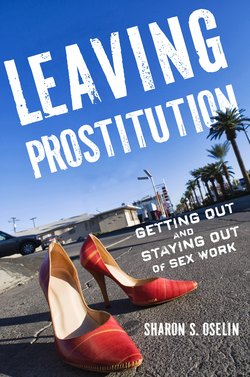Описание книги
While street prostitutes comprise only a small minority of sex workers, they have the highest rates of physicaland sexual abuse, arrest and incarceration, drug addiction, and stigmatization, which stem from both their public visibility and their dangerous work settings. Exiting the trade can be a daunting task for street prostitutes; despite this, many do try at some point to leave sex work behind. Focusing on four differentorganizations based in Chicago, Minneapolis, Los Angeles, and Hartford that help prostitutes get off the streets, Sharon S. Oselin’s Leaving Prostitution explores the difficulties, rewards, and public responses tofemale street prostitutes’ transition out of sex work. Through in-depth interviews and field research with street-level sex workers, Oselin illuminates their pathways into the trade and their experiences while in it, and the host of organizational, social, and individual factors that influence whether they are able to stop working as prostitutes altogether. She also speaks to staff atorganizations that aid street prostitutes, and assesses the techniques they use to help these women develop self-esteem, healthy relationships with family and community, and workplace skills. Oselin paints a full picture of the difficulties these women face in moving away from sex work and the approaches that do and do not work to help them transform their lives. Further, she offers recommendations to help improve the quality of life for these women. A powerful ethnographic account, Leaving Prostitution provides an essential understanding of getting out and staying out of sex work.
